Introduction
Refinance car loan to save money by reducing the interest rate, lowering monthly payments, or even cutting a short period off your loan term. This guide demonstrates everything you should know about refinancing an auto loan, its benefits, process, eligibility criteria, and even some tips on how to get the best deal. You will be well-equipped with all the knowledge needed to determine whether refinancing an auto loan is for you.
What is a Refinance car loan?
Refinancing is the process of swapping a loan you currently hold on a car with a new loan from a new lender. That is, the new loan pays off the existing balance owed on the loan, and then you start paying on the new loan, which might have more favourable terms. Goals are often to try to reduce an interest rate, change the term of a loan, or lower monthly payments.
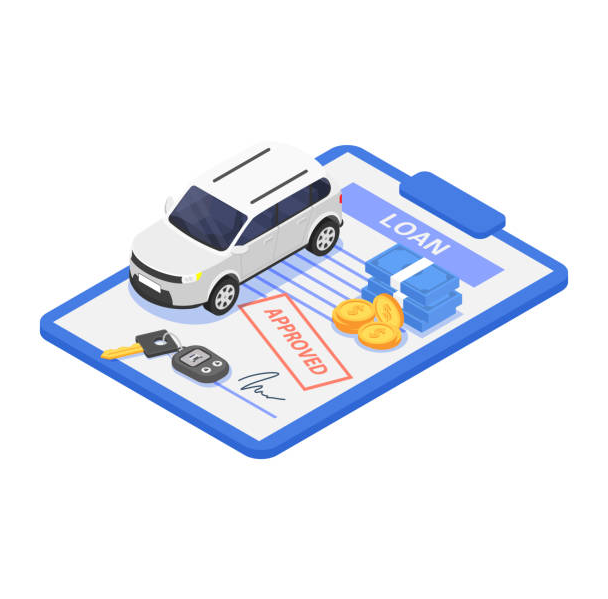
Why Refinance Car Loan?

There could be multiple reasons you would want to refinance car loan. They include:
- Lower Monthly Payments: Refinancing could let you decrease your monthly payment by extending the time of the loan or giving you a lower interest rate.
- Lower interest rate: If you borrowed your first loan some time ago and the interest rates have since declined, it means refinancing can help you get a lower rate.
- Better Credit Condition: If you have improved on your credit score, you will also gain access to better terms and lower rates.
- Switching Lenders: Some refinancing’s even help you to switch the lender to one with good customer care or extra perks.
Steps to Refinance Car Loan
The refinancing car loan process includes a range of procedures. Here is what you must know about this whole refinance car loan process for your better guidance.
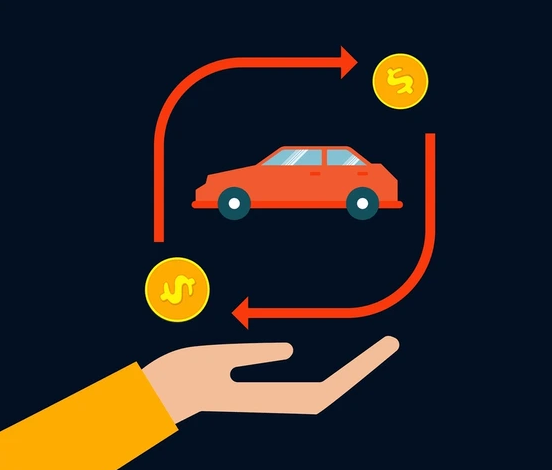
1. Evaluate Your Current Loan Position
- Check Your Present Loan Terms: First of all, check your present car loan for terms involving your interest rate, payments made every month, and the balance pending.
- Check if there are pre-payment penalties: Some loans have prepayment penalties, so make sure to check before you refinance.
2. Check Your Credit Score
- Your credit score is a big factor in the interest rate you receive. Before you refinance, check your credit score and do what you need to do to improve it in order to get the best rate.
3. Collect Required Documents
- Documents you will have to present when you apply to refinance are the details about the existing loan, proof of income, and even the car title.
4. Compare Multiple Lenders
- Compare quotes that are offered by banks, credit unions, and even online lender companies. Online comparison tools are available. Here is a refinance calculator called Bankrate.
5. Apply for a Refinance
- After finding a lender who offers reasonable terms, apply for your refinance. Prepare to have the credit report run on you. This might temporarily impact your credit score.
6. Consider and Close the New
- When you accept, then review your loan information carefully—you’ll see the interest rate, the monthly payout, and the fees. More or less, as soon as you become a new customer with a new lender, they’ll usually send the payment straight to the old one.
7. Pay into the new loan
- Set up a payment plan for the new loan to ensure no payment goes missed. This is more important when it’s a maintenance or improvement of credit score.
Pros and Cons of Refinancing a Car Loan
The refinancing car loan process includes a range of procedures. Here is what you must know about this whole refinance car loan process for your better guidance. Refinancing a car loan has its pros and cons. Take a quick peek at each here:
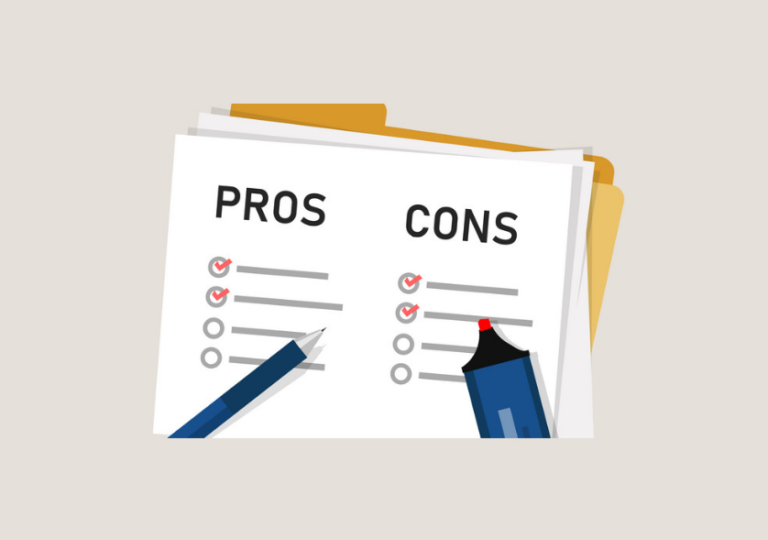
Pros
- Lower Interest Rates: Save on interest over the loan term.
- Lower Monthly Payments: Available cash for other expenses
- Shorter Loan Term: Pay off the car sooner, with less in total interest paid over the life of the loan.
Cons
- Fees and Costs: Sometimes application fees or processing fees are charged by some lenders, even penalties.
- Extended Loan Term: Pay more interest over the course of the loan.
- Temporary Credit Impact: A credit hit will reduce your credit score temporarily.
Eligibility Criteria for Refinancing a Car Loan
Not all vehicles or borrowers qualify for refinance. Here is what lenders usually look for:
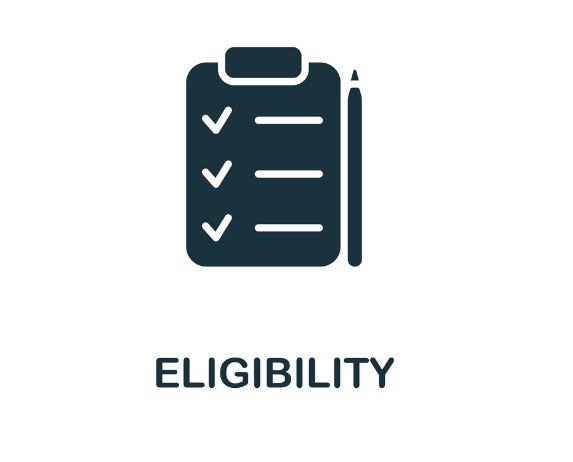
- Credit Score: High credit scores qualify for better rates. Most lenders prefer above-600 for refinancing.
- Vehicle Age and Mileage: Most lenders have restrictions on vehicle age; no vehicle should be more than 10 years old, and many also have mileage limits, usually under 100,000 miles.
- Outstanding Loan Balance: Some lenders require a minimum or maximum outstanding balance to qualify for refinancing.
- Payment History: Paying on time for the loan currently held is an indicator.
Check the requirements each lender has, for each prospective lender will be sure to check and verify your ability to qualify.
Tips for Getting the Best Refinance Deal
To get the best terms at refinancing a refinance car loan, consider these tips:

- Improve Your Credit Score: Pay off debts and make timely payments so that your score improves.
- Shop around: Compare rates from various lenders and prequalify if possible.
- Negotiate Terms: Some lenders will certainly be ready to bend some terms to get your business.
- Consider Loan Term Carefully: Be careful with the loan term. Do not be too generous in extending the loan term. This will surely increase the total cost.
- Read the fine print: Look for underlying fees and prepayment penalties, and understand your new interest rate structure.
When Should You Not Refinance a Car Loan?
Refinancing a refinance car loan isn’t always the best option. Here are some situations when you would rather not refinance a car loan:
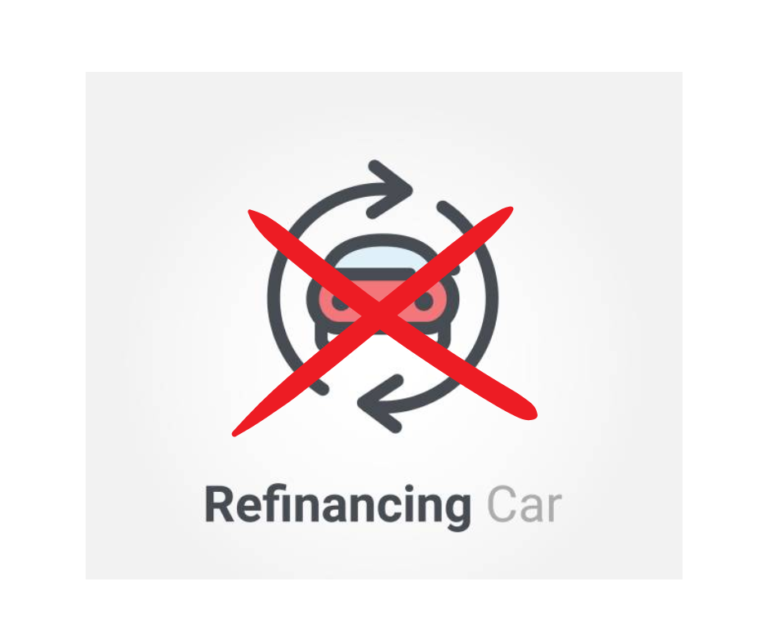
- If you’re about to pay off the loan: Refinancing with less than a year or two left before you pay off the loan may not be worth the hassle.
- If the fees outstrip the benefits: It is only fair to compare the cost of refinancing versus its potential in terms of savings before making a decision.
- If Your Car Has Depreciated a Lot: Refinance lenders could be less willing to refinance the car with little market value.
Conclusion
One might find refinancing the car loan attractive if they are looking to lower their interest rates, reduce their monthly payments, or pay off their loan earlier. You need to consider your current refinance car loan, check eligibility, and compare lenders in an effective manner, especially with all the information you will get from this guide.
FAQs
How soon can I refinance my car loan?
- In most cases, you can refinance as soon as you have established a few months of on-time payments with your current lender. However, some lenders have minimum time requirements, often around six months to a year after the original loan start date.
Can I refinance if I owe more than my car is worth?
- Refinancing may be challenging if you have negative equity (owing more than the car’s value), as many lenders will not refinance under these conditions. However, some lenders might offer options if you can bring cash to close the gap.
How long does it take to refinance a car loan?
- Refinancing a car loan can take anywhere from a few days to a few weeks, depending on the lender’s process, document verification, and approval timeline. Be prepared with all required documentation to speed up the process.

Owner of Paisewaise
I’m a friendly finance expert who helps people manage money wisely. I explain budgeting, earning, and investing in a clear, easy-to-understand way.

